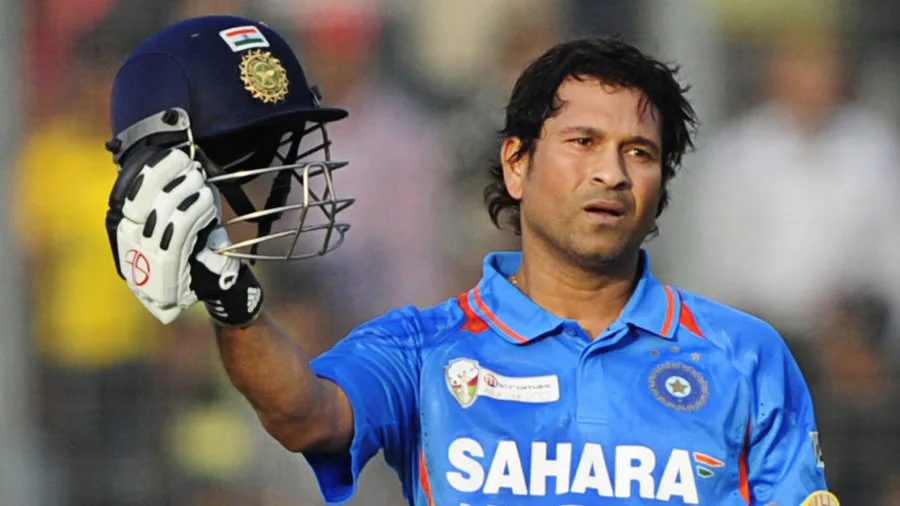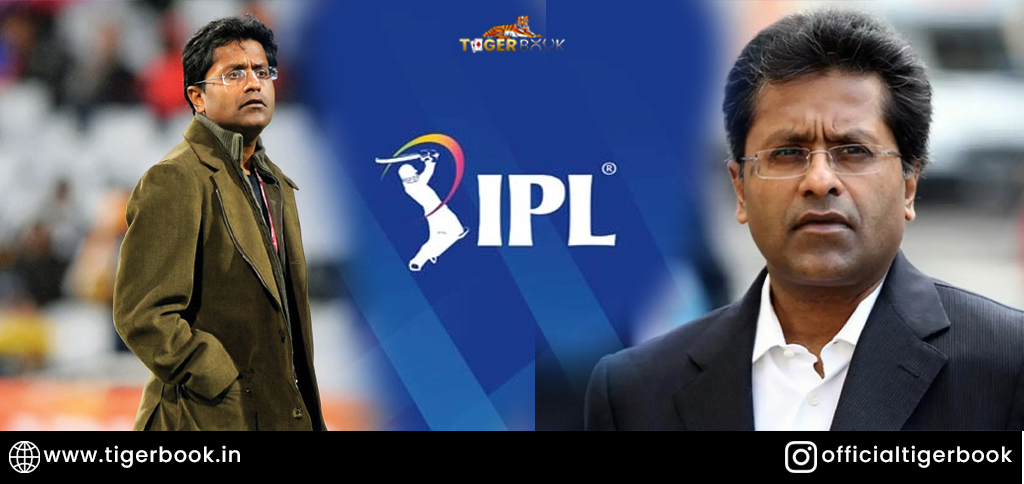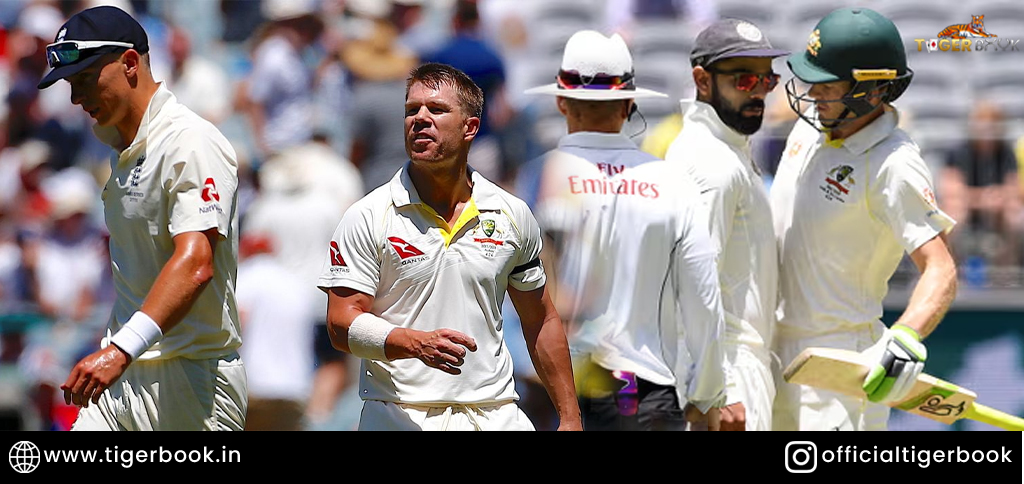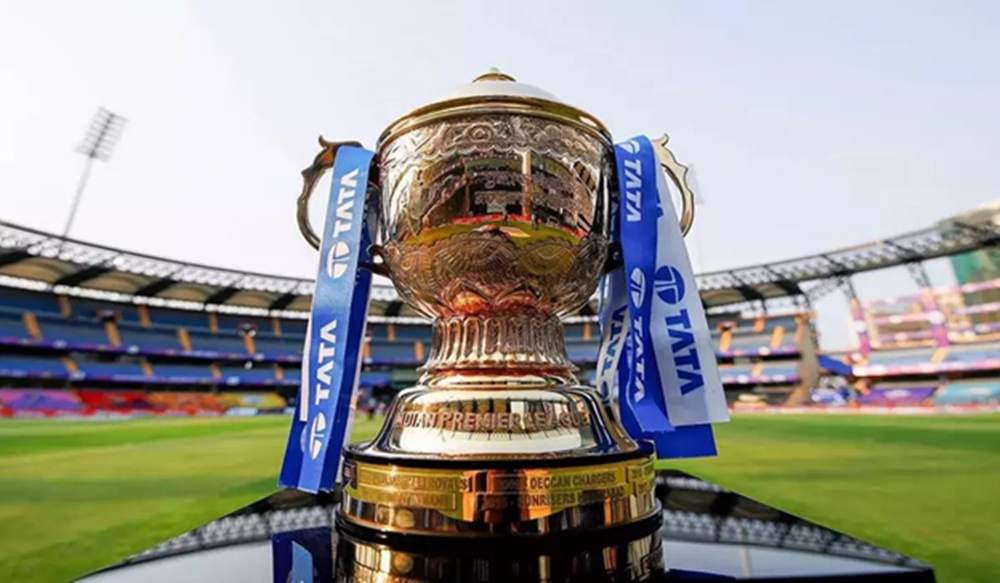Why Indian Players Do Not Play in Overseas T20 Leagues
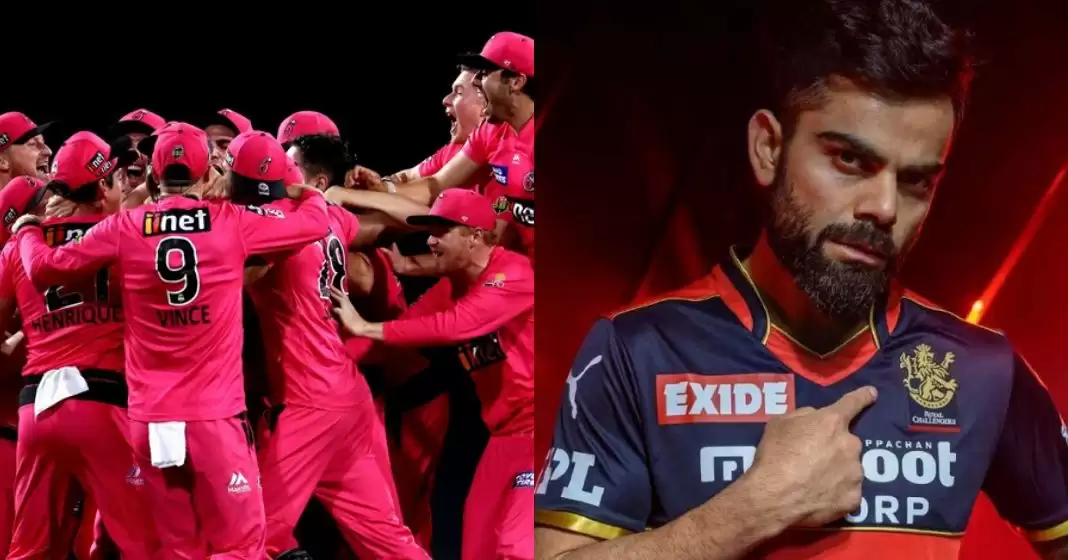
Strong 8k brings an ultra-HD IPTV experience to your living room and your pocket.
Cricket has evolved significantly over the past few decades, with the emergence of franchise-based T20 leagues reshaping the global cricketing landscape. From the Big Bash League (BBL) in Australia to the Caribbean Premier League (CPL) and The Hundred in England, several leagues have provided a platform for players worldwide to showcase their talent. However, one striking absence in these tournaments is Indian players. Unlike cricketers from other nations, Indian players are not permitted to participate in foreign T20 leagues. But why is this the case? Let’s explore the reasons behind this unique policy of the Board of Control for Cricket in India (BCCI).
1. The Dominance and Financial Might of the Indian Premier League (IPL)
The Indian Premier League (IPL) is the most lucrative and popular T20 league in the world. The BCCI has invested heavily in making the IPL a global spectacle, attracting top players from across the globe. The league provides immense financial rewards, media attention, and competitive cricket, making it the pinnacle of franchise-based T20 tournaments. Since the IPL is already a financial powerhouse, the BCCI sees no necessity for Indian players to seek participation in other leagues.
Moreover, the exclusivity of Indian players within the IPL makes the league even more appealing. By restricting Indian cricketers from playing in foreign leagues, the BCCI ensures that the IPL remains the premier T20 competition where fans can watch their favorite Indian stars in action.
Get your ipl id now
2. Protecting Player Workload and Injury Management
India plays an extensive international cricket calendar, featuring bilateral series across all three formats, ICC events, and the high-intensity IPL season. Allowing players to participate in overseas leagues could lead to increased workload, fatigue, and a higher risk of injuries. The BCCI wants to ensure that Indian cricketers remain fresh and available for national duties, rather than spending additional time playing in leagues that could take a toll on their fitness.
Additionally, the BCCI has implemented workload management programs for key players, especially those who are integral to the national team. If players were allowed to participate in multiple leagues around the world, managing their fitness and availability for important international assignments would become increasingly difficult.
3. Retaining the Brand Value of Indian Cricketers
Indian cricketers have a massive fan following, not just in India but globally. Their participation in foreign leagues could dilute their brand value and impact the commercial appeal of the IPL. By keeping them exclusive to the IPL, the BCCI ensures that the demand for Indian players remains high, enhancing the IPL's unique selling proposition.
Furthermore, if Indian players were to participate in other leagues, it could shift some viewership and sponsorship revenue away from the IPL. Broadcasters and sponsors are willing to pay a premium for the IPL largely because it is the only league where top Indian stars participate alongside international cricketers. Allowing Indian players to feature in other leagues could potentially weaken this exclusivity.
4. Concerns Over League Rivalry and Commercial Interests
The BCCI has always maintained a strong stance in protecting its commercial interests. The IPL is the biggest revenue-generating tournament for Indian cricket, and the BCCI does not want any other league to compete with it in terms of popularity or viewership.
By preventing Indian players from participating in leagues like the BBL, PSL, or The Hundred, the BCCI effectively reduces the competitive edge of these tournaments. If top Indian players were allowed to play in foreign leagues, it could increase their popularity and commercial viability, which might impact the dominance of the IPL in the long run.
5. Risk of Betting and Match-Fixing Controversies
Another reason why the BCCI is cautious about allowing Indian players to play in overseas leagues is the potential risk of match-fixing and betting scandals. Cricket has had its fair share of controversies, and the BCCI is keen on protecting Indian players from being exposed to environments where regulatory measures may not be as stringent as those enforced in the IPL.
Since India has strict laws regarding betting and match-fixing, the BCCI prefers to maintain control over its players by keeping them within its ecosystem. This policy ensures that Indian cricketers are monitored closely and reduces the chances of them getting entangled in controversies that could tarnish their careers and the reputation of Indian cricket.
6. Domestic Cricket and India’s Grassroots Development
The BCCI has always emphasized the importance of domestic cricket, including tournaments like the Ranji Trophy, Vijay Hazare Trophy, and Syed Mushtaq Ali Trophy. These tournaments serve as crucial platforms for developing young talent and providing them with the necessary experience to graduate to the international level.
If Indian players were allowed to participate in foreign leagues, it could impact the relevance and quality of domestic tournaments. Young players might prefer lucrative overseas contracts over playing domestic cricket, which could hamper the talent pipeline for Indian cricket. The BCCI's restriction ensures that domestic cricket remains competitive and continues to produce high-quality players for the national team.
Will the Policy Ever Change?
Over the years, there have been discussions about whether the BCCI should relax its policy and allow Indian players to participate in select overseas leagues. Some retired Indian cricketers, such as Suresh Raina, Robin Uthappa, and Yuvraj Singh, have played in foreign leagues after obtaining permission post-retirement. However, for active Indian players, the policy remains firm.
There have been calls from players, fans, and foreign leagues to reconsider this stance, especially for players who are not centrally contracted with the BCCI or those who do not feature in India's international squads regularly. However, given the IPL’s prominence and the BCCI’s protective stance, it is unlikely that the policy will change anytime soon.
Conclusion
The BCCI’s decision to restrict Indian players from participating in overseas T20 leagues is driven by a combination of factors, including financial interests, player workload management, brand value protection, and the need to safeguard Indian cricket’s reputation. While many cricketing boards encourage their players to gain experience in different leagues, the BCCI’s approach is focused on maintaining the exclusivity and dominance of the IPL.
Unless the BCCI sees a strategic advantage in allowing Indian players to participate in foreign leagues, this policy is unlikely to change. For now, Indian cricket fans will have to be content with watching their favorite stars only in the IPL and international matches.
Note: IndiBlogHub features both user-submitted and editorial content. We do not verify third-party contributions. Read our Disclaimer and Privacy Policyfor details.



